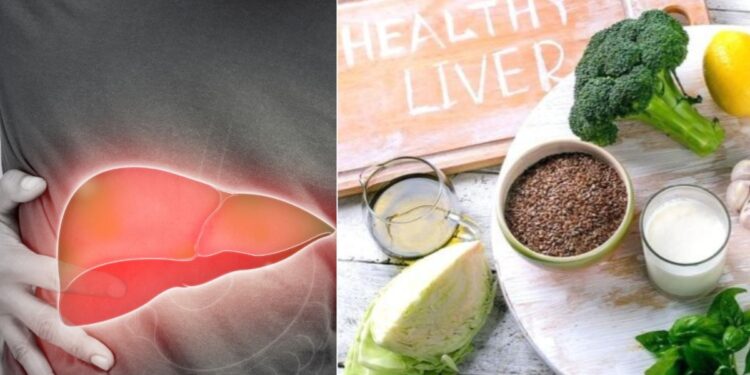New Delhi, November 16 (IANS). A research has revealed that Salmonella bacteria responsible for food poisoning escapes from the protective bacteria and enters the intestine.
According to the World Health Organization, approximately 600 million people fall ill each year from unsafe food, while 420,000 people die each year from unsafe food.
Salmonella is the most common cause of food poisoning. It can be found in raw eggs, undercooked poultry, beef, pork, vegetables and processed foods.
Let us tell you, trillions of bacteria live in the intestine and many of them make short-chain fatty acids that help fight harmful pathogens.
The study published in the National Academy of Sciences states that Salmonella grows in the intestine by altering the balance of nutrients in the digestive tract. It survives by changing the nutrient environment of the intestine.
Professor Andreas Baumler of the University of California-Davis, USA, found that the pathogen can enter the colon and spread.
“Salmonella first enters the small intestine and causes inflammation in the intestinal lining,” said lead author Baumler. This disrupts the normal absorption of amino acids from food, creating an imbalance, enabling pathogens to survive and grow in the large intestine (colon).”
In mouse models, researchers found that Salmonella infection led to reduced absorption of amino acids in the blood. The two amino acids lysine and ornithine become more abundant in the intestine following infection and prevent the growth-inhibiting effects of SCFAs. This helps Salmonella to survive.
“Our research shows that Salmonella bacteria alter nutrients in the gut,” Baumler said. “This makes it difficult to absorb amino acids.”
The findings reveal how the gut environment changes during inflammatory bowel disorders such as colon disease and ulcerative colitis, and may lead to better treatments for gut infections.
–IANS
MKS/AS






